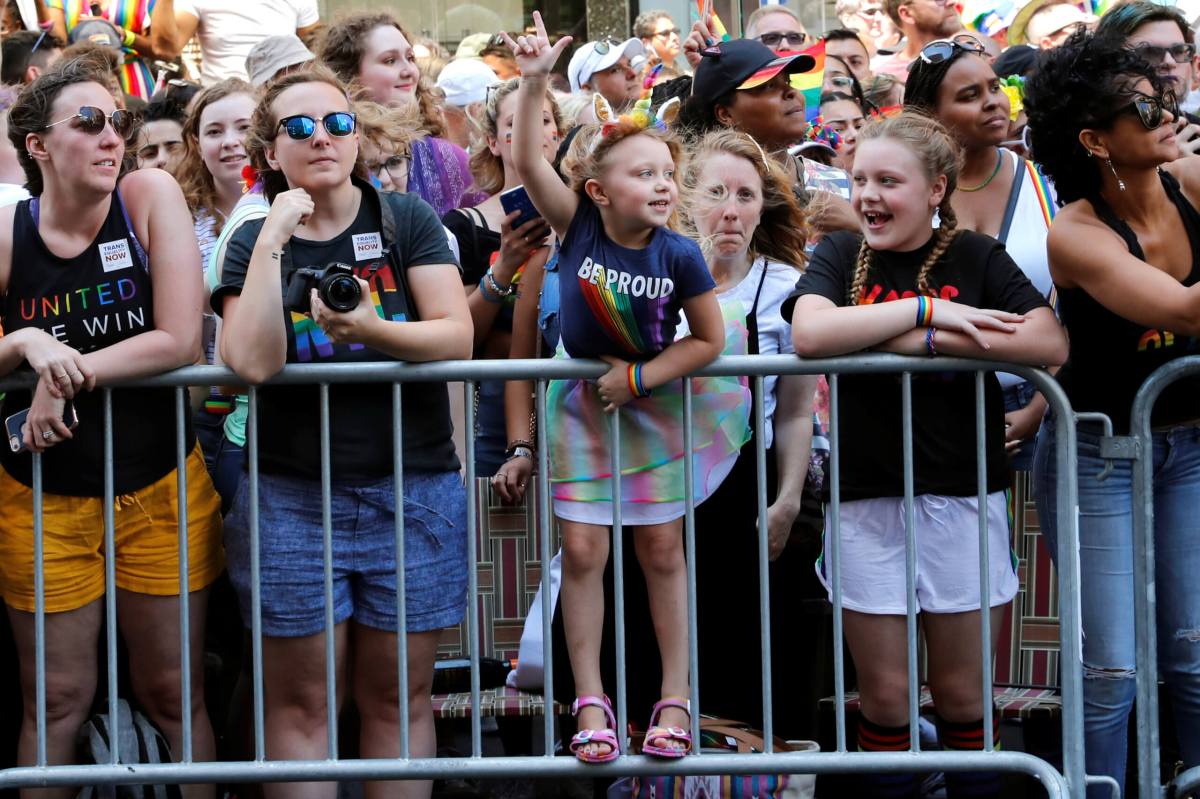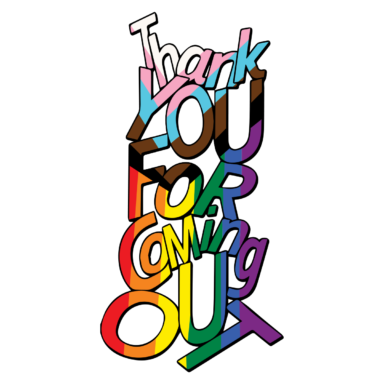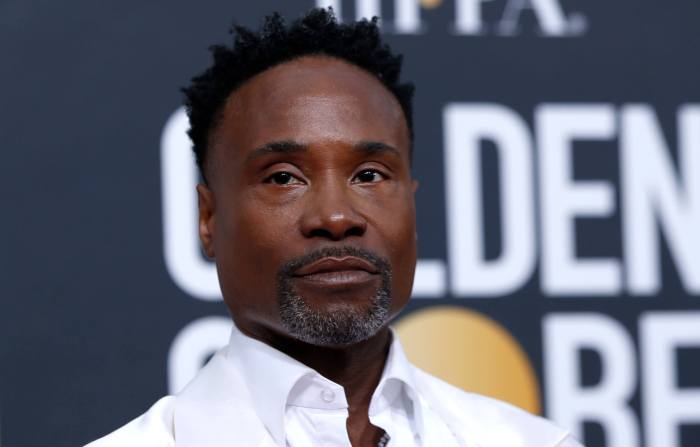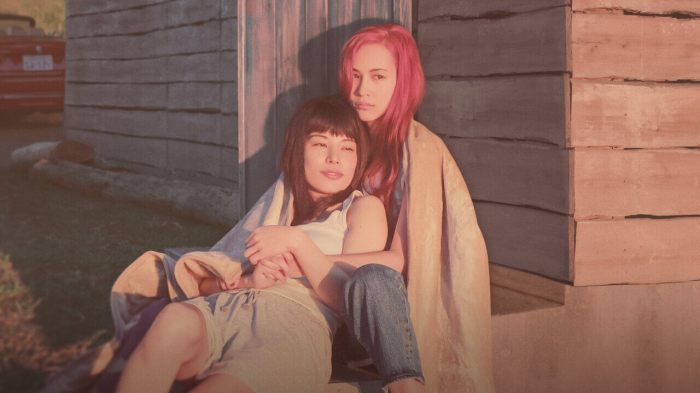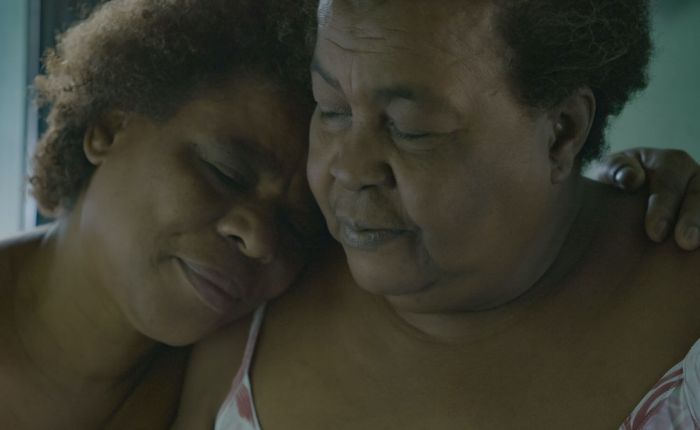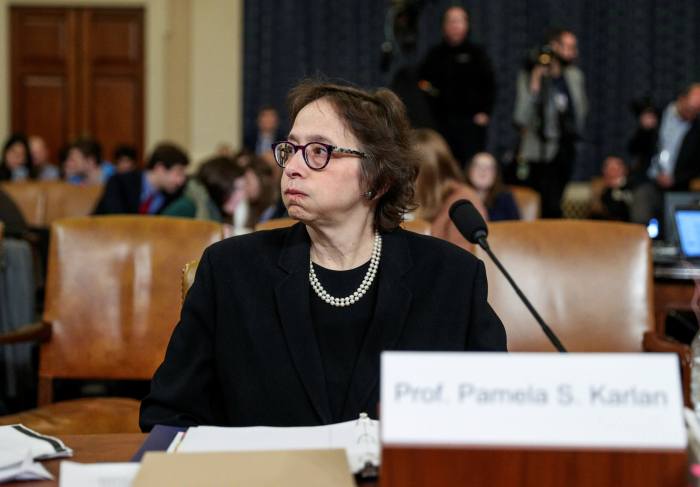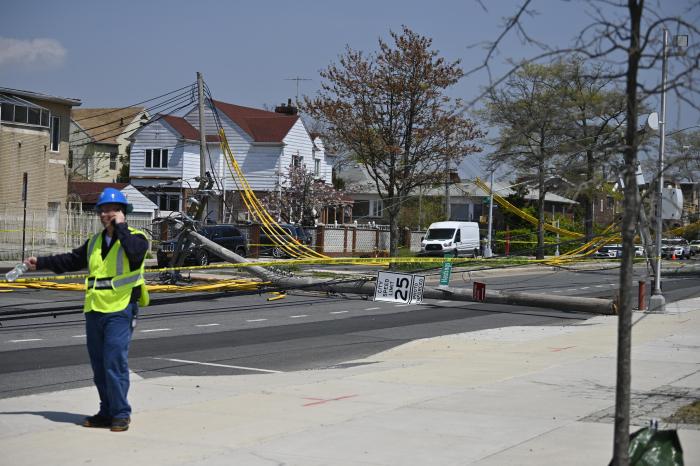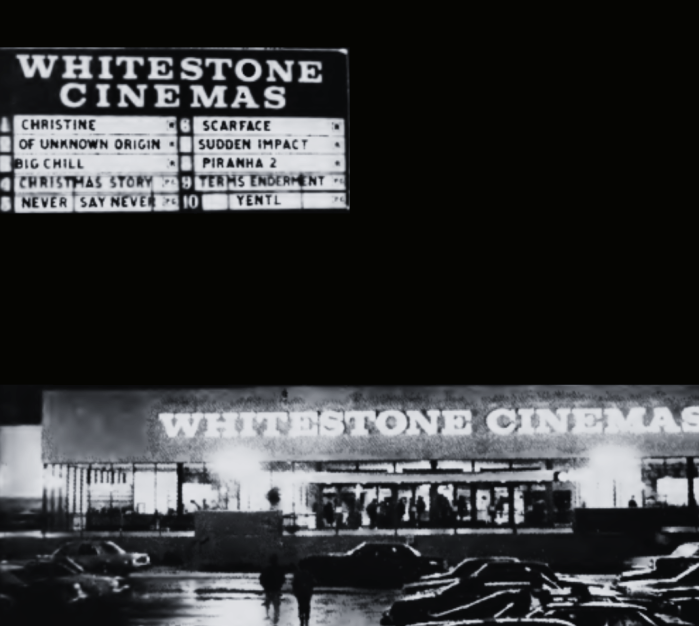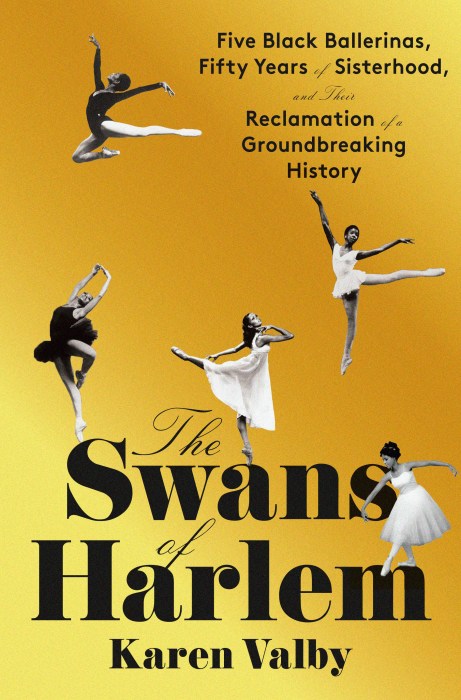Non-LGBTQ folks have a crucial role to play in the vibrant LGBTQ movement: Cishet allies can be champions who help heighten queer visibility and relieve LGBTQ individuals of the burden of warding off discrimination alone.
They can flex their privilege and challenge homophobia, transphobia, and biphobia in conservative and restricted spaces, educating their friends and families about tolerance and acceptance. That said, these dedicated people can always work toward being a better ally and friend — and better hone communication around misconceptions and fallacy.
The core tenet of allyship with the LGBTQ community isn’t all that complicated: be an advocate and foster an atmosphere of intentionality and inclusion in all situations, at all costs. As the often-said statement goes, “being an ally isn’t an identity; it’s a process.” It’s a process by which an individual actively works against oppressive systems that threaten marginalized individuals. As an ally, you’re not expected to be a savior or a sacrificial lamb — you’re expected to act in solidarity and combat the corrosiveness of anti-LGBTQ behaviors and actions. Don’t just go to the marches, brandish a rainbow flag in your profile picture, or arrive early to your local drag brunch with a palmful of singles. Show up. Being an ally is a 365-day gig without a 100 percent foolproof comprehensive guide, so consider this a jumping-off point:
Steer Clear of Performative Allyship
Being a good ally begins with demonstrating intentionality and resisting the urge to center yourself. Don’t be a tourist. Empty advocacy, including the flimsy use of hashtags, doesn’t address the root causes. As Xochitl Ledesma, Director of Leading for Equity & Inclusion for the global non-profit Catalyst, once stated, “Performative allies share their knowledge about inequity with others, but don’t use their privilege and resources to make real change.” Genuine allyship translates to the understanding that one’s actions ought to be in lockstep with their words. Authentic allegiance means shutting down bigotry and ensuring there’s room in your office, classroom, neighborhood, church, or community center for LGBTQ folks — particularly the most marginalized and vulnerable. To be an effective ally, you don’t have to change the world.
Instead, you have to double down and ensure that the lives of the queer people who know are made better by you. You can probably be a better ally if you find that you frequently contribute to, benefit from, and tolerate oppressive systems but fail to use your figurative weight to push LGBTQ folks forward. Begin facilitating fairness and mutual respect by listening, resisting the urge to straight-splain, and waiting for your turn to speak. Your understanding is appreciated and valued, but you can’t advocate for someone if you’re the loudest voice in the room. Help others be heard. LGBTQ folks can tell their own stories, and they are in command of their own narratives. Your job is to help amplify the voices within the community.
Know Your Queer History
By all means, please play Lil Nas X’s “Montero” on repeat and support queer-owned businesses, but don’t stop there. The queer experience is a vast one, involving more than glittering garb, streamers, and the fantasy. It’s a complicated and varied experience lived by real people, many who’ve survived vilification, invalidation, and pitchforks. Counting yourself among queer allies means knowing that history. Queer liberation has been a tooth-and-nail fight to gain rights, freedoms, and equality. The Stonewall Uprising was just five decades ago — and the culminating riotous clash was not the only event that sparked change for the LGBTQ community. There were marches, sit-ins, organizing, and other efforts across the nation to counter anti-sodomy legislation, bigoted liquor laws, and unconstitutional treatment — and this process is ongoing. Power imbalances, tittering opinions over assimilation, the exclusion of trans folks and people of color, and frustrations around Pride’s depoliticization would continue to be a part of community experience, particularly as corporate sponsorships began to engulf Pride.
With the popularity of Pride, we quickly forget anti-sodomy laws, which targeted gay individuals, were only struck down nationwide in 2003 — less than a decade before “Don’t Ask, Don’t Tell” was nixed. The last decade saw the legalization of same-sex marriage, but also the reversal of health protections for trans individuals — and conversion therapy still lingers, demonstrating the uphill battle that the community continues to face. We’re still addressing legacies of systemic oppression.
Ask Respectful Questions. But First, Self-Educate
Over the few decades, queerdom has become a more visible experience, thanks in part to onscreen queer imagery, such as “Noah’s Arc,” “Queer as Folk,” “Queer Eye,” “The L Word,” “RuPaul’s Drag Race,” and more recently “Pose” and “Love, Victor.” This onslaught of entertainment has sparked newfound curiosity and raised questions about the private lives and numerous identities within the space. Before asking questions beyond how someone identifies or their preferred pronouns, ask yourself, “Am I breaching personal boundaries with this question? Is this offensive?” Be discerning. If you don’t know if the question is offensive, then don’t ask the question. Remember, you’re not entitled to anyone’s personal information or their story. Rather than asking a potentially loaded question, visit some of the many web resources online. If you decide to go ahead and ask your friend about their experience, attentively listen and create a judgment-free environment. If you get shut down or corrected, don’t get defensive — it simply may not be any of your business.
Be Intersectional or Go Home
Trans, gender non-conforming, and non-binary individuals, as well as sex workers and undocumented people, are among the most marginalized members of the LGBTQ community. They are the ones who are most disproportionately impacted by economic issues, health challenges and systemic oppression. Ironically, it’s also these individuals who’ve often shouldered the burden of demanding equal rights. The experiences of people living with HIV, the ongoing death toll of transgender women of color, and youth homelessness are topics that must remain front and center. These communities were also deeply struck by the COVID-19 pandemic. When you’re thinking of where to donate this month, think of these subcommunities first. Like cishet folks, privileged members of the LGBTQ community can use their clout to leverage the voices that aren’t frequently elevated.
Put Your Money Where Your Mouth Is
Support queer businesses, restaurants, publications and everything else all year long. Buy queer art, queer-made clothing, and support the life-saving organizations that foster equality and empowerment. As a passionate ally, you indeed want to support the amazing organizations that provide mercy and hope. Among the national groups include the Trevor Project, which provides a support hotline to young queer people, and GLSEN, which focuses on LGBTQ bullying prevention. The Black AIDS Institute promotes HIV and AIDS awareness within the Black community. The Family Equality Council provides family planning assistance to LGBTQ families. StartOut empowers LGBTQ entrepreneurs. The Trans Women of Color Collective uplifts trans POC. The Transgender Law Center fight for legal rights and laws for transgender people. There’s a great deal of LGBTQ+ organizations you can confidently support.
In short, lend your privilege, be validating, advocate for fair treatment, and combat oversexualized narratives about queer identities. Also, if you’re going to share something out on social, be sure to share something of more substance than a hashtag-laden boozy pic of you waving a flag. Please share human experiences, stories of heritage and legacy, love and loss. As long as you’re sincere, action-oriented, and you don’t heavily rely on your queer friends to educate you (because it’s exhausting), you’re doing great.

